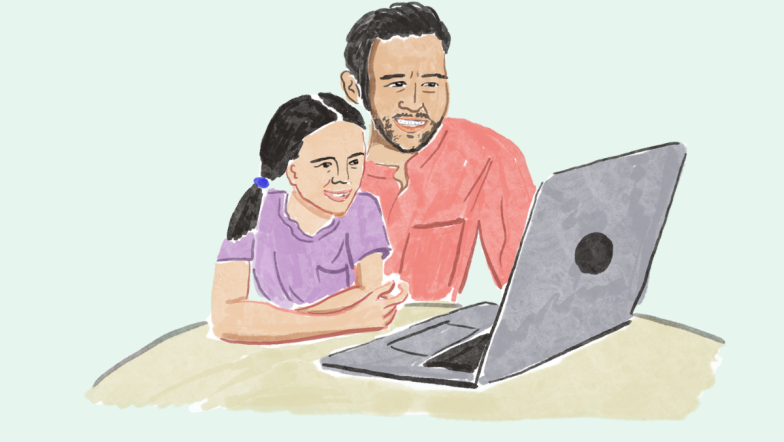We need a spent convictions scheme in Victoria
17 Jul 2019
Justice Connect has made a submission to the Victorian Legislative Committee Inquiry into Spent Convictions. We recommend that a spent convictions scheme be introduced in Victoria, bringing it into alignment with other states, territories and federal law.
An appropriately drafted spent convictions scheme will allow more people to contribute positively to society. It makes it easier for people to make positive changes in their lives, including by being able to secure work. Paid employment ensures people can obtain and retain secure housing, among other benefits.
Secure housing is crucial to reintegration to our communities
Our work helping prisoners stay housed show that secure, safe housing is an essential step to successfully reintegrating in to the community. But housing is only one piece of the reintegration puzzle. To sustain housing and successfully reintegrate, employment, whether paid or voluntary, is vital both economically and socially. Given the lack of public and community housing, employment helps individuals sustain private rental properties post-release, which would otherwise be unaffordable.
Of those currently in Australian prisons, 33% were experiencing homelessness prior to incarceration, and more than half of Australian prisoners expect to be homeless upon release. Former prisoners are also twice as likely to return to prison within nine months of release if they are homeless. Recent research suggests that the risk of homelessness increases for prisoners six months after release.
A spent convictions scheme would open more job opportunities for former-prisoners. It would make it easier to find work and sustain tenancy, and remain conviction-free.
Fairer spent conviction schemes mean fairer communities
Something you did as a teenager shouldn’t affect your ability to find work and stay in stable housing. It shouldn’t stop you from being able to give back to your community as an adult. We know there are social and economic benefits to a spent convictions scheme. Benefits like increased community participation and reduced risk of homelessness. And we know that it’s possible to balance these benefits without undermining the need for appropriate screening checks for people working with vulnerable cohorts.
Take a look at our full submission here:


